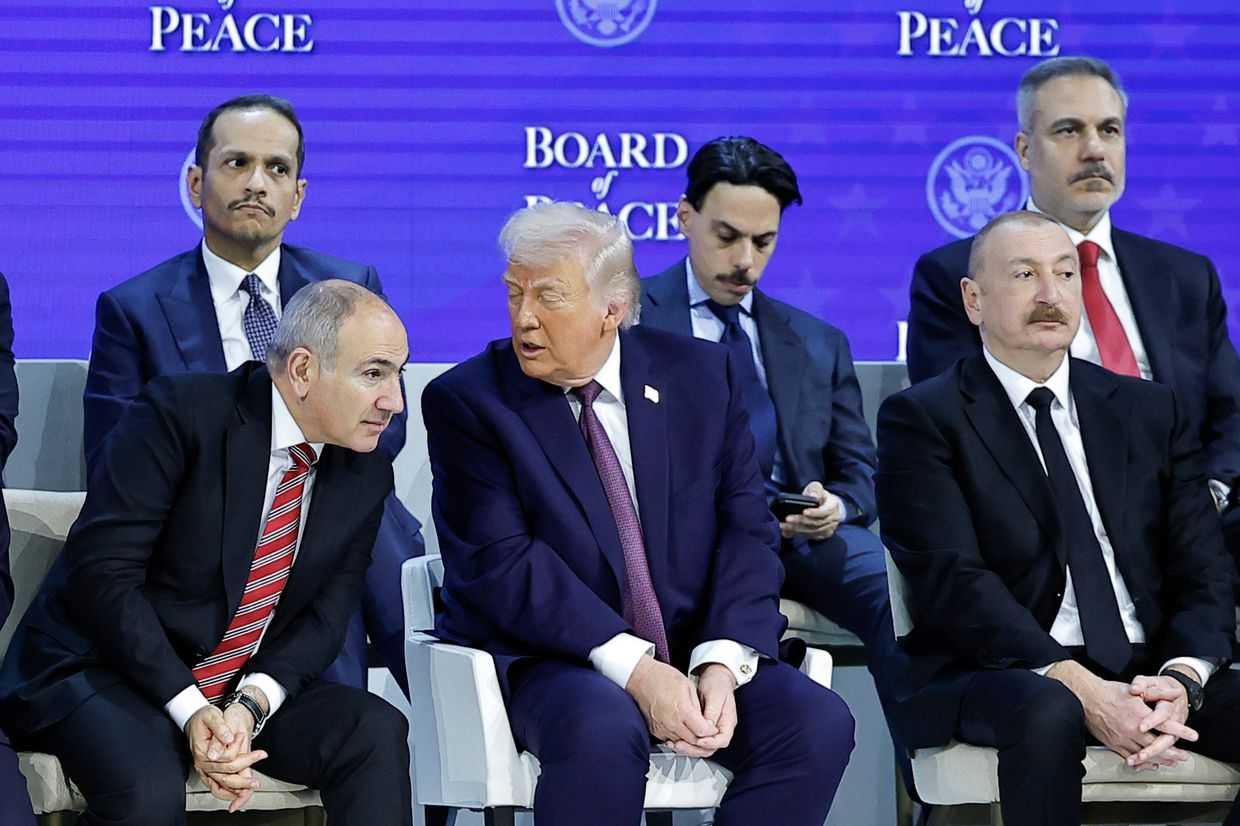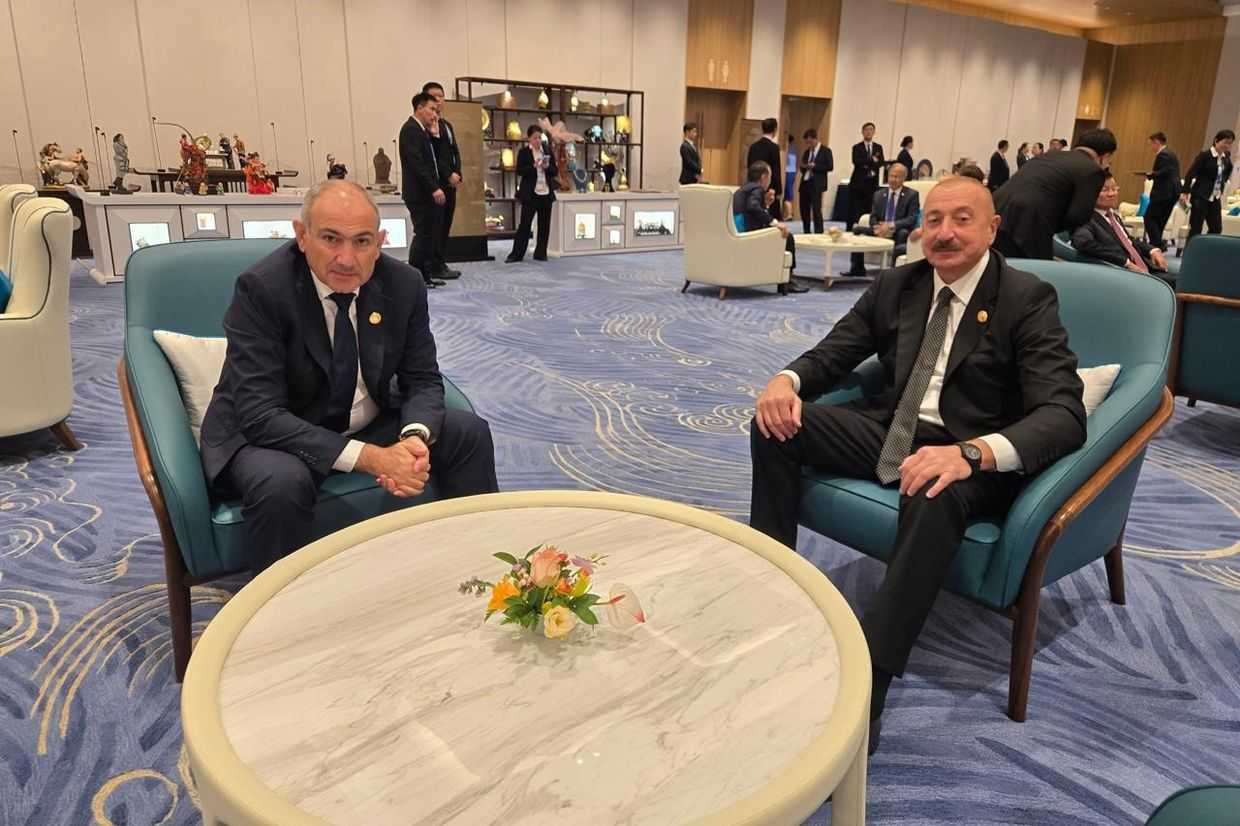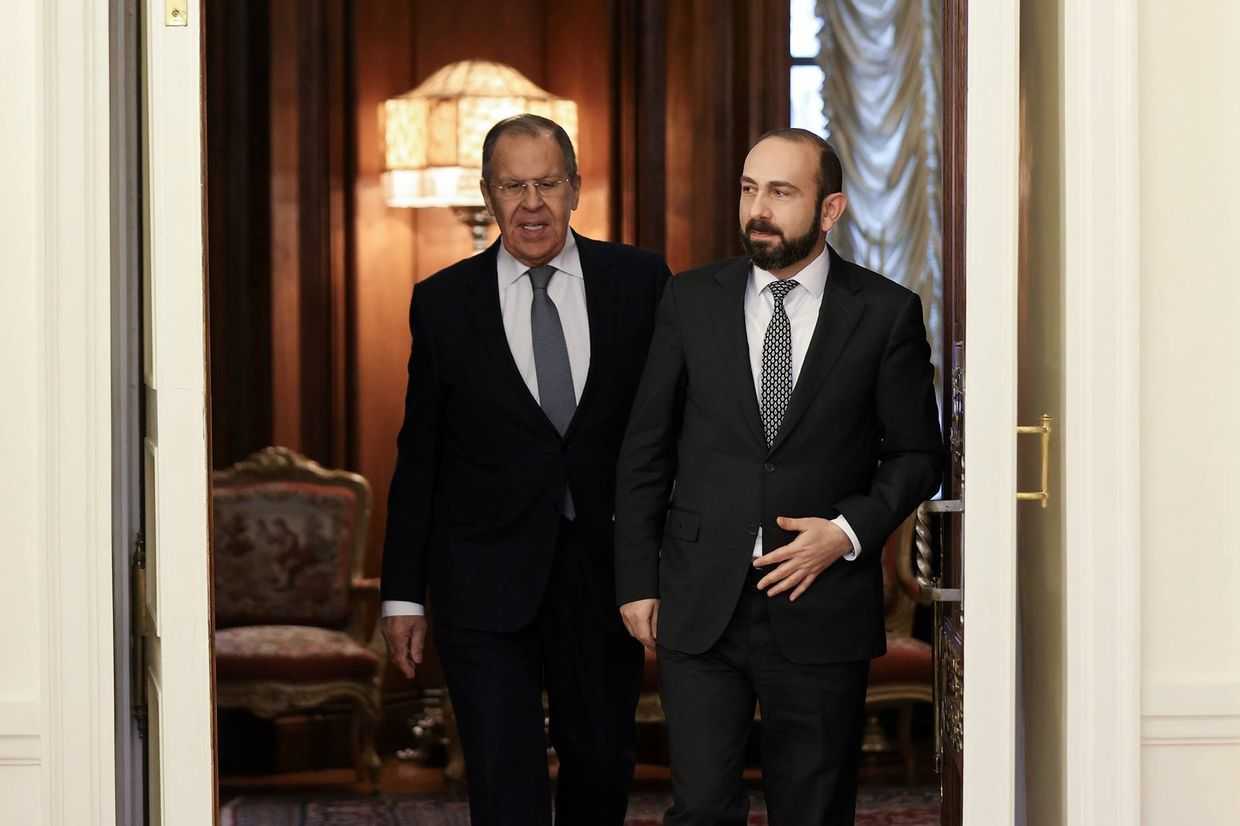
Hundreds of Armenian lorry drivers have gathered in central Yerevan over the week, demanding urgent government action to address tightening Russian migration rules that have left many unable to work.
The protests, which began on 12 October outside the government building, swelled mid-week after several drivers were reportedly blacklisted or denied entry into Russia despite holding valid documents.
Drivers say that recent changes to Russian migration law — limiting visa-free stays for foreigners to 90 days per calendar year — have made cross-border haulage almost impossible.
Many depend on weekly or monthly routes between Armenia and Russia, the country’s largest trading partner. For them, the rule has effectively cut off their only source of income.
Several drivers have been detained at border points or handed three-year entry bans for exceeding the new limit — in some cases by only a few hours. Others report being stopped at checkpoints without explanation or added to blacklists for supposed overstays.
Protesters also argue that the 90-day calculation does not take into account long border delays, especially at the Upper Lars crossing between Russia and Georgia, where trucks can wait for days in queues.
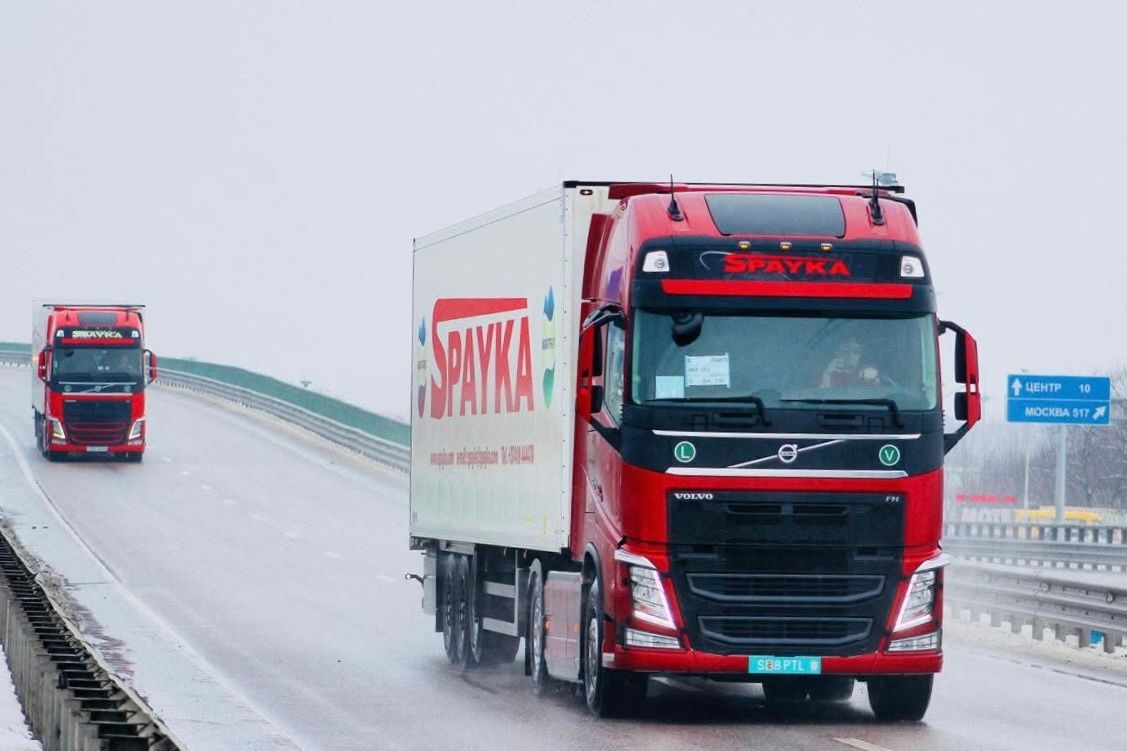
On Thursday, Armenian Economy Minister Gevorg Papoyan met with demonstrators and promised that Yerevan was working to ‘negotiate solutions’ with Moscow. He offered few details, saying only that the issue was being discussed through diplomatic and Eurasian Economic Union channels.
Papoyan acknowledged that the restriction was causing severe disruption to the freight sector, calling the 90-day rule ‘unworkable’ given current transit conditions. But he stopped short of offering an immediate remedy or announcing plans for exemptions.
The disruption is hitting the wider economy. Russia is Armenia’s largest export market, and overland freight is essential for agricultural and manufacturing trade. Several major companies have reported dozens of their vehicles stranded in Russia or unable to leave Armenia.
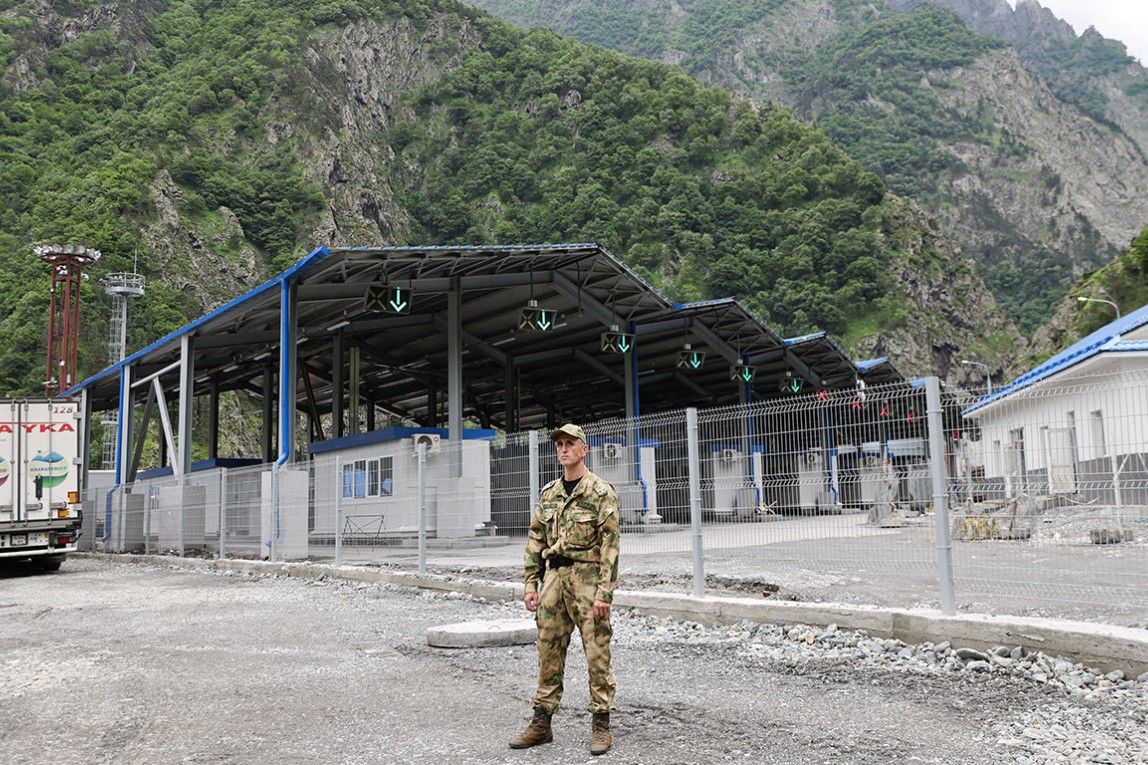
For independent drivers, the stakes are even higher. Many lease their trucks and rely entirely on Russian routes to repay loans.
Russia has framed the new migration policy as part of a general modernisation of entry controls. Yet many in Armenia suspect that the strict enforcement is politically motivated. The shift coincides with Yerevan’s cautious pivot toward the EU and a visible cooling of relations with Moscow.





